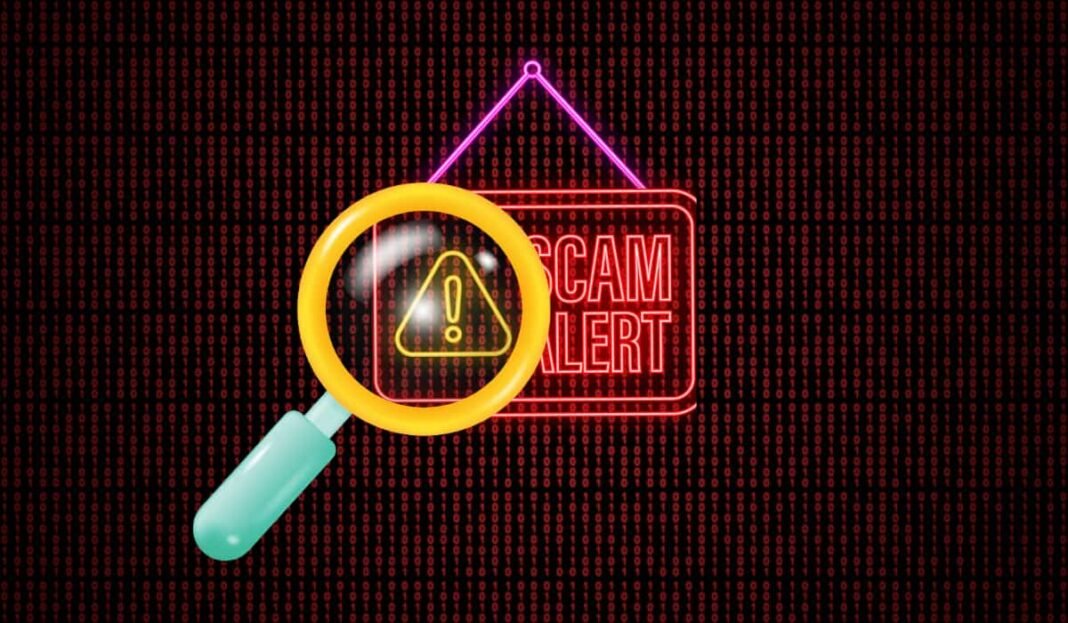Here are simple yet vital steps to identify online trading scams and safeguard your investments from cyber criminals.
In today’s digitized era, online trading offers a lot of lucrative opportunities. But as the horizon broadens, so does the risk. Scammers lurk, waiting to capitalize on unsuspecting traders. The good news is that you can safeguard your investments by spotting and sidestepping these pitfalls. Let’s explore how.
Beware of Too Good to Be True Promises
High returns with no risks? That’s a fantasy. An authentic trading platform will never guarantee success, as the market is unpredictable. You can, of course, improve your chances of success through education and research, like reading books by James Cordier. But steer clear of any platforms that promise successful trades.
Pressure to Act Fast – A Red Flag
Scammers often create a sense of urgency. If you’re being rushed to make a decision, it’s a warning sign. Similarly, any unsolicited offers, such as random messages about ‘exclusive’ investment opportunities that you’re urged to take advantage of now should be approached with caution. A real brokerage won’t typically cold call or spam.
Do Your Due Diligence
Before diving in, spend some time investigating. Is the website professionally designed and secure? Check for legitimate contact information and clear terms of service. Plus, validate the trading platform’s licensing. A reputable trading platform will always be regulated, and you should be able to verify their registration with relevant authorities.
Finally, look at reviews and testimonials. What are other users saying? While it’s true that no company is immune to negative feedback, a series of similar complaints can be revealing.
Protect Your Information
Start by securing your devices. Firewalls, antivirus software, and updated systems aren’t just good ideas – they’re essentials. Always trade from a secure connection. Plus, regularly update your passwords and avoid using easily guessable ones. Two-factor authentication is even better.
Be Skeptical of Shortcuts
While there are valid automated systems out there, many promising ‘quick riches’ are fraudulent. Be sure to conduct thorough research before you make any commitments. Plus, anyone boasting about having ‘insider’ details is likely misleading you. Acting on such information is also illegal.
Stay Educated
The world of online trading is constantly evolving. By staying updated, you are less likely to fall for outdated scams. Spend time on trading blogs, websites, and reading books. Learn from the experts in webinars and workshops whenever possible. They will offer valuable insights, and you can ask questions directly.
Take Action if Duped
If you have fallen victim to an online trading scam, it’s crucial to report it. This can prevent others from being victimized and may help you recover your losses. It’s important to maintain documentation and records of all your communications and transactions. This can be key if legal action is necessary.
In the digital age, traders are offered plentiful incredible opportunities – but they bring challenges with them. By staying vigilant, conducting thorough research, and regularly updating your knowledge, you can navigate the online trading world with confidence. Always remember that in trading, if something seems too good to be true, then it probably is. Stay safe and trade wisely.
RELATED POSTS
- Online scams: How Safe Are the Websites You Visit?
- How To Safely Navigate the World of Crypto Finance
- Snapchat Safety for Parents: How to Safeguard Your Child
- How to Obtain a Virtual Phone Number and Why You Need One
- US military personnel defrauded into losing $822m through scams
- Online scams: How to give scammers a taste of their own medicine


